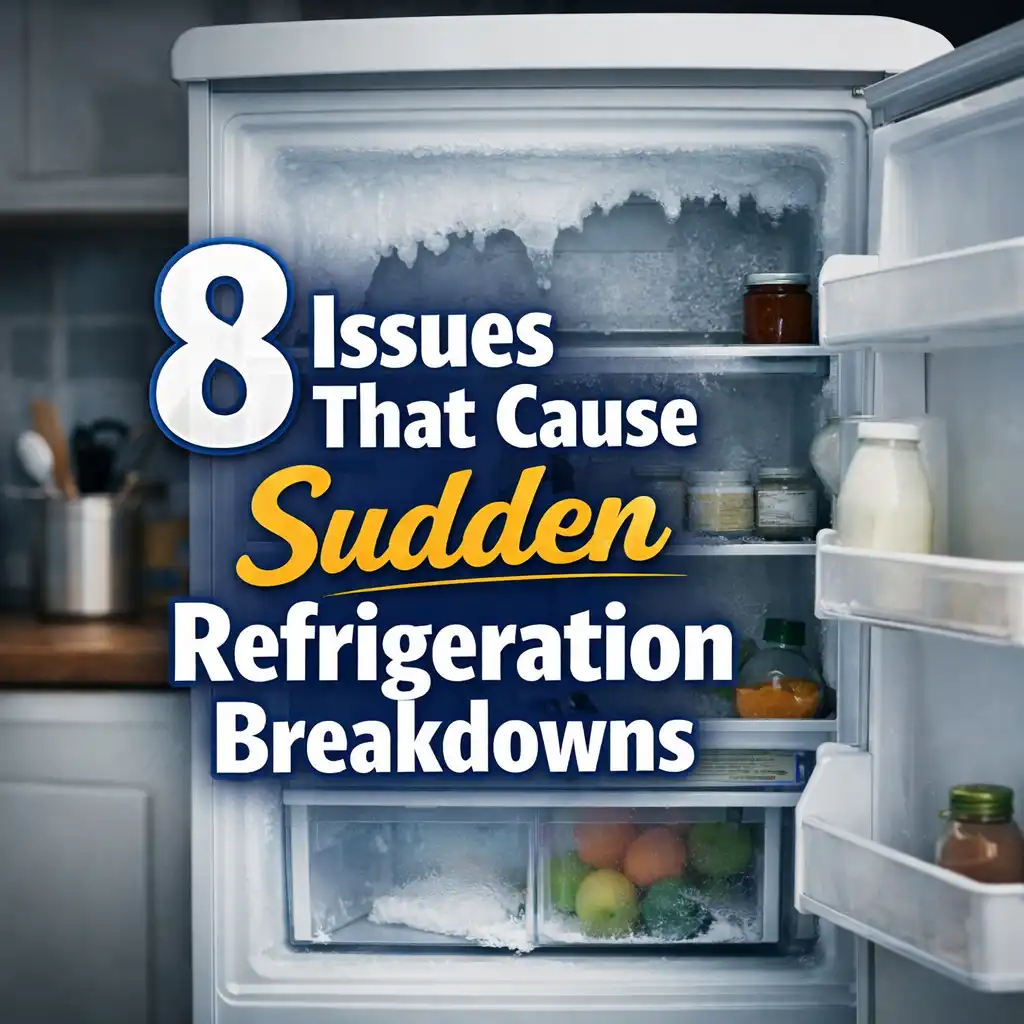When importing goods into the United States, compliance doesn’t stop with U.S. Customs and Border Protection (CBP). Many products are also regulated by Partner Government Agencies (PGAs) that enforce health, safety, environmental, and consumer protection laws. Understanding and fulfilling PGA compliance is essential to avoid costly delays, penalties, or denied entries.
In this guide, we’ll break down what PGAs are, which agencies may apply to your imports, and how to navigate compliance smoothly—with or without a customs broker.
What Is a Partner Government Agency (PGA)?
PGAs are U.S. federal agencies that work in partnership with CBP to oversee and regulate specific types of imports. These agencies have the authority to:
- Approve or deny import clearance
- Require additional documentation or permits
- Enforce product-specific safety or labeling rules
In many cases, CBP will not release your shipment unless the relevant PGA has reviewed and cleared it.
Common PGAs and Their Roles
Several U.S. Partner Government Agencies (PGAs) regulate specific categories of imported goods. Here are some of the most common ones:
- FDA (Food & Drug Administration): The FDA regulates imports like food, dietary supplements, cosmetics, medical devices, and pharmaceuticals. Products such as skincare, vitamins, and face masks fall under FDA review.
- USDA (United States Department of Agriculture): The USDA oversees imports of agricultural products, animals, and plants. Items such as fresh produce, meat, seeds, and organic goods may require USDA permits.
- EPA (Environmental Protection Agency): The EPA enforces regulations on chemicals, pesticides, and products that affect the environment. Cleaning supplies, fuel additives, and industrial chemicals are often subject to EPA clearance.
- CPSC (Consumer Product Safety Commission): The CPSC regulates consumer goods for safety compliance. Products like children’s toys, electronics, and home appliances must meet CPSC safety standards.
- APHIS (Animal and Plant Health Inspection Service): A division of USDA, APHIS manages the health risks related to importing animals, plants, and wooden materials. Items like wooden furniture, soil samples, and live animals are commonly reviewed by APHIS.
- DOT/NHTSA (Department of Transportation / National Highway Traffic Safety Administration): These agencies regulate vehicle imports and related equipment. Car parts, tires, brake components, and safety devices often require DOT or NHTSA compliance.
When Is PGA Compliance Required?
PGA compliance is mandatory when:
- Your product falls under federal regulation (e.g., food, drugs, pesticides)
- Your HS code is flagged by CBP’s ACE (Automated Commercial Environment) system
- You’re importing items under trade programs that require additional documentation
Failing to meet PGA requirements can result in:
- CBP detaining or rejecting the shipment
- Seizure of goods
- Penalties or fines for non-compliance
- Increased inspection frequency for future shipments
How to Ensure PGA Compliance
1. Classify Your Goods Accurately
Start by identifying the correct HS code. This determines which PGAs are involved and what documentation is needed.
2. Check PGA-Specific Requirements
Visit the relevant agency’s website or consult your broker to confirm:
- Necessary permits
- Labeling rules
- Packaging or inspection standards
- Pre-approval or registration processes
3. File Entry Data Through ACE
CBP requires electronic entry submissions via ACE, where PGA forms and data are attached.
4. Prepare Required Documents
Examples include:
- FDA Prior Notice (for food)
- EPA Notice of Arrival (for pesticides)
- USDA Animal or Plant Permits
- CPSC GCC (General Certificate of Conformity)
Clearit USA helps automate these submissions through its digital platform.
Why PGA Compliance Matters for Importers
Ensuring compliance with PGAs isn’t just about checking boxes—it’s about protecting your supply chain from:
- Costly port delays
- Damaged customer relationships
- Long-term inspection flags
- Liability or recalls
PGA Compliance Tips for U.S. Importers
- Always classify goods first, not after ordering
- Keep a compliance checklist for recurring imports
- Partner with suppliers who understand U.S. regulations
- Don’t assume “non-regulated” means “PGA-free”—some restrictions are product-specific
- If in doubt, you can take the help of experts before shipping
Conclusion
PGA compliance is a critical component of importing goods into the United States. Each Partner Government Agency (PGA) enforces specific regulations depending on the type of product you are importing. Whether it’s food, cosmetics, electronics, or live plants, knowing which agency oversees your goods—and what documentation is required—helps ensure a smooth and compliant entry process.
To stay compliant, importers must:
- Accurately classify goods using the correct HS code
- Understand agency-specific documentation and pre-approvals
- Submit all necessary data electronically through CBP’s ACE system
- Maintain proper records for audits and inspections
By staying informed and organized, you can avoid costly delays, fines, or rejections at the border—ensuring that your supply chain remains efficient and compliant with U.S. regulations.




